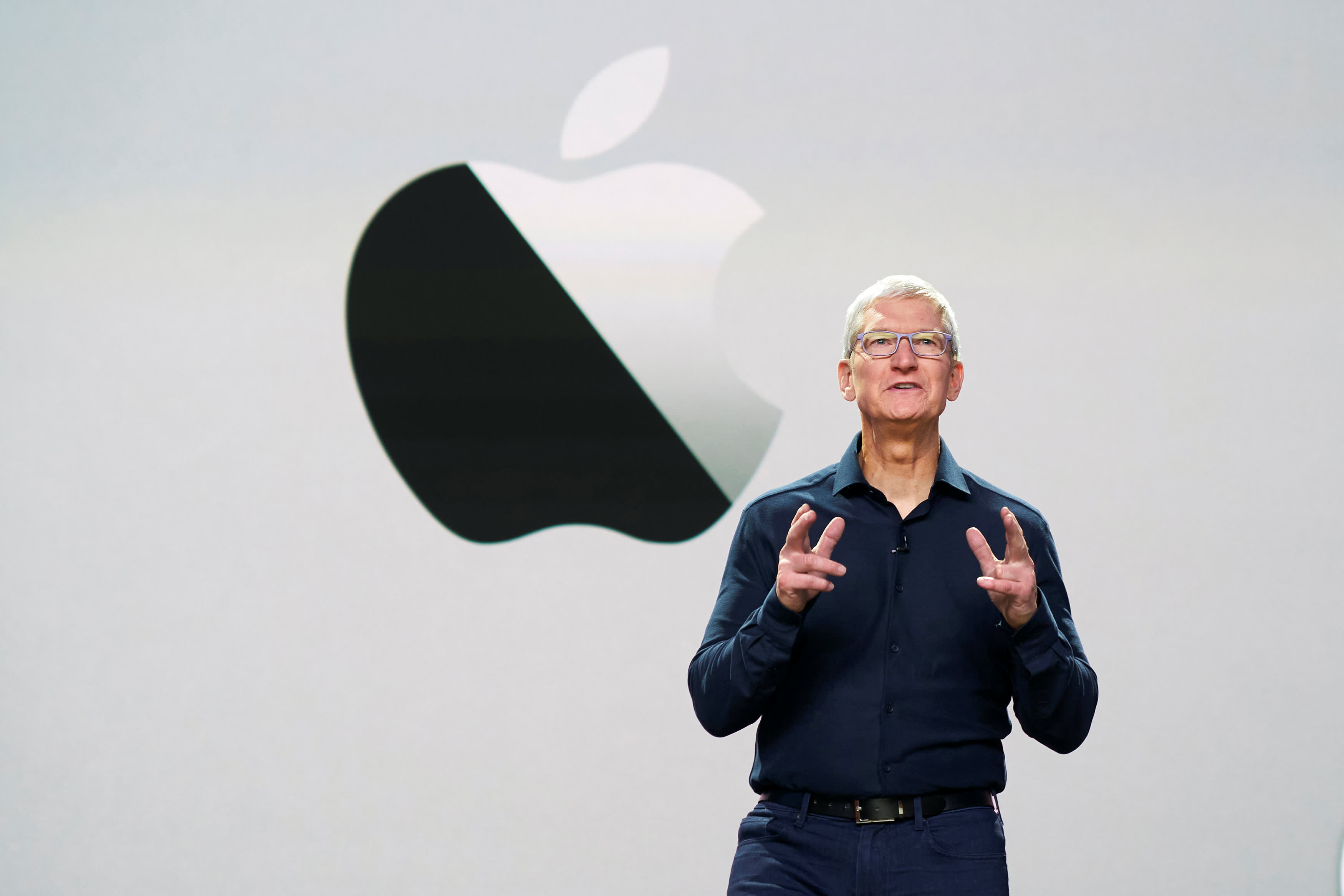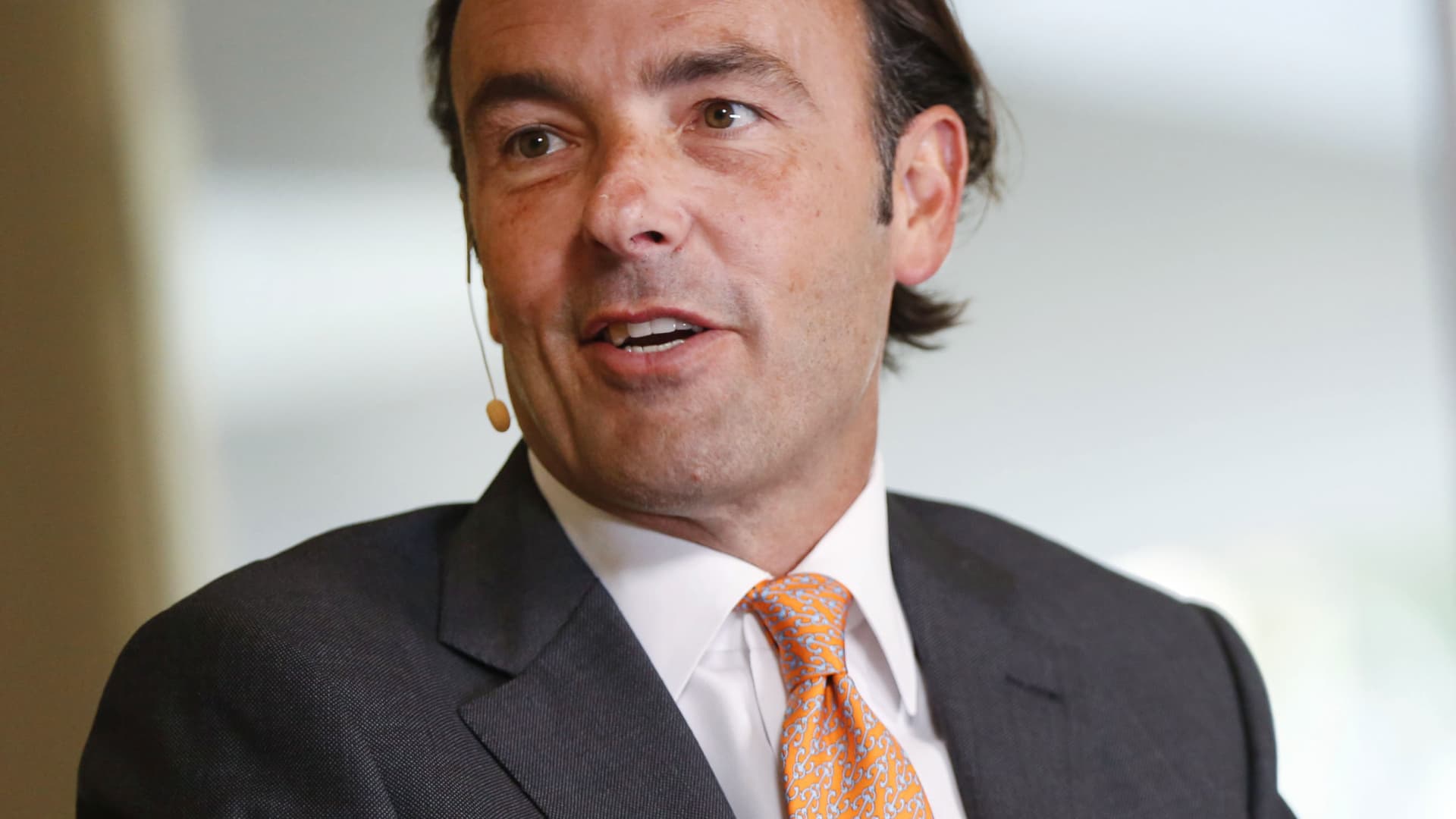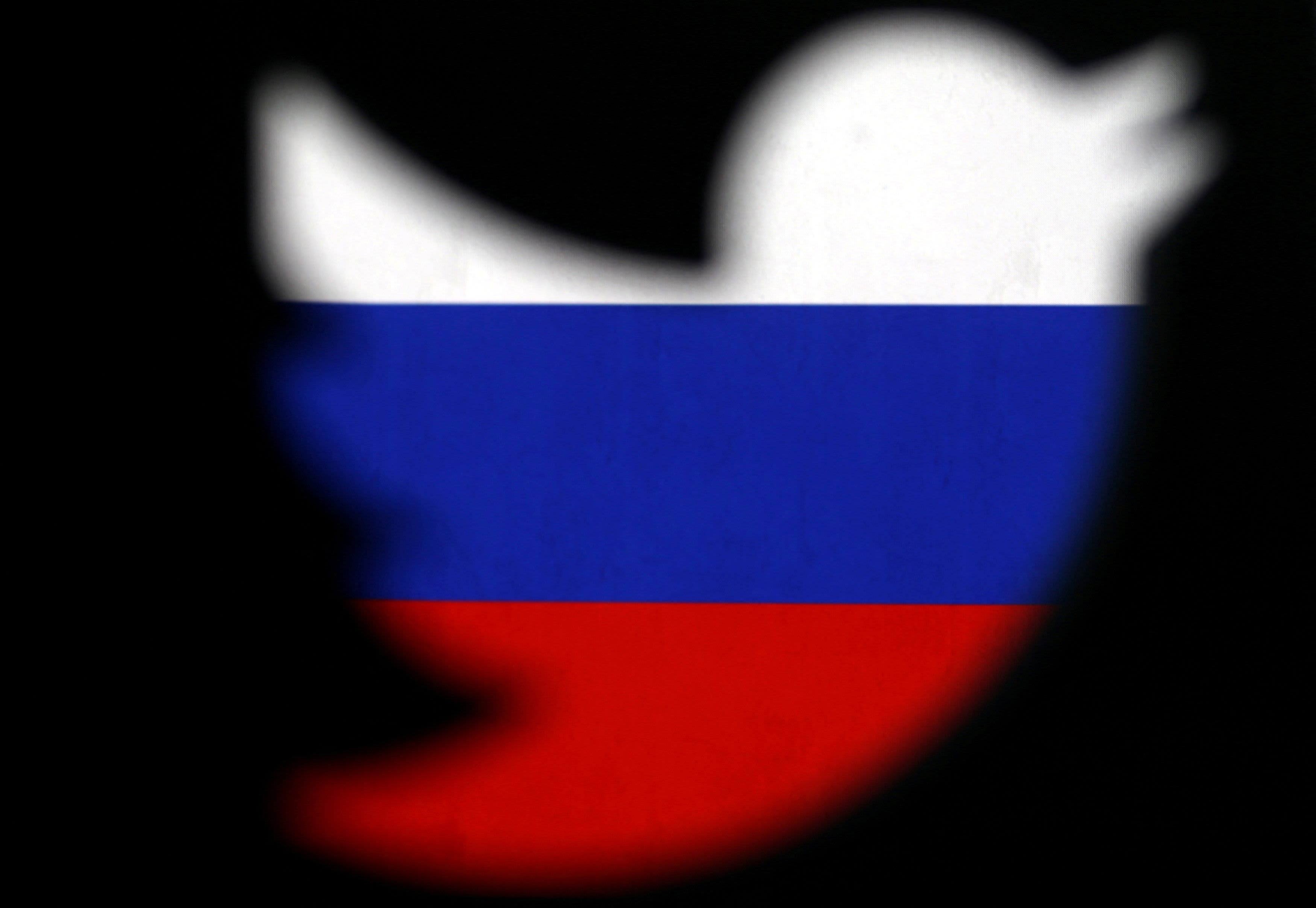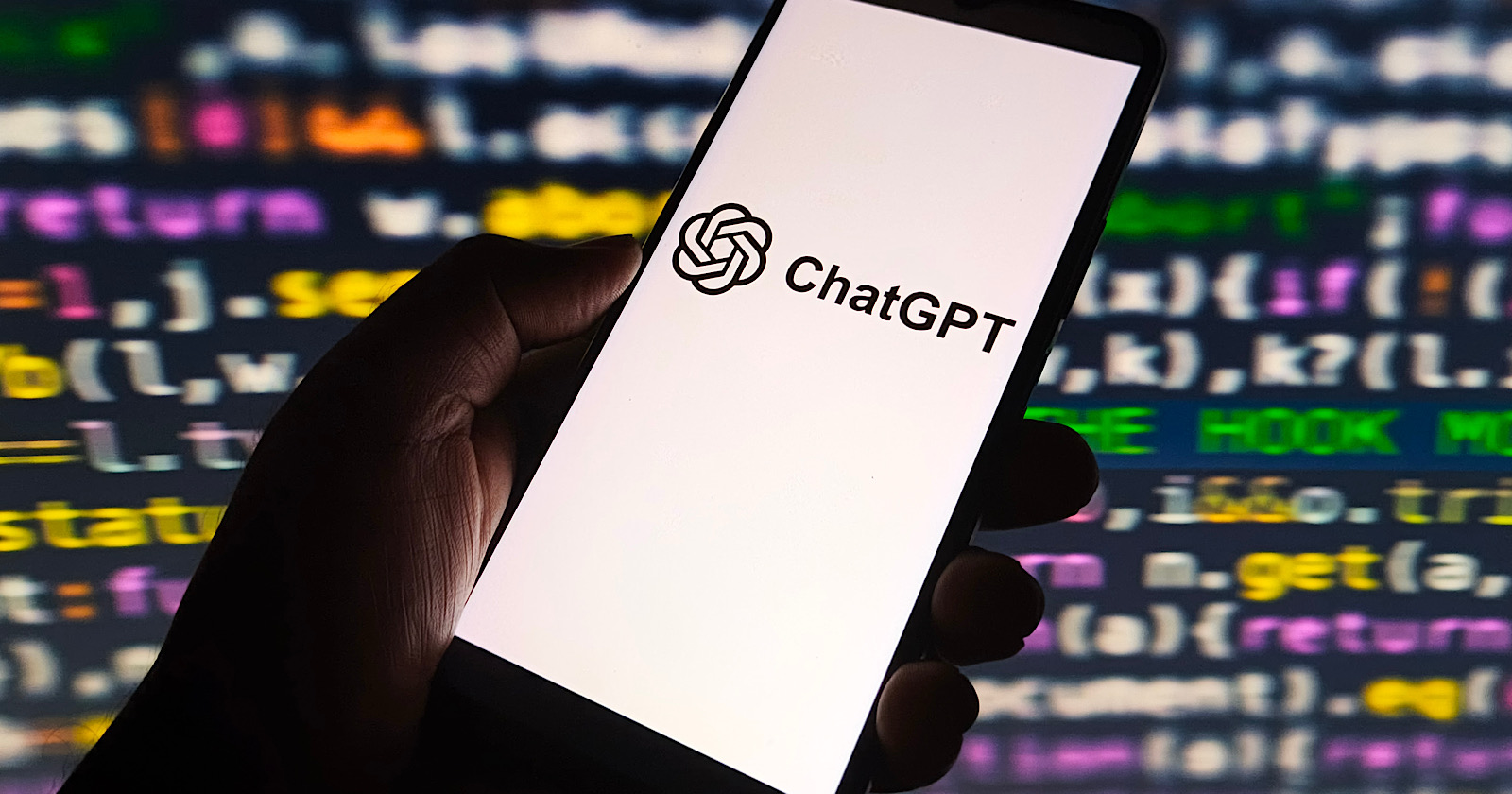Apple's decision to stop selling products in Russia puts pressure on other smartphone makers
Apple's decision to stop selling products in Russia puts pressure on other smartphone makers to do the same, according to analysts.

Apple CEO Tim Cook delivers the keynote address during the 2020 Apple Worldwide Developers Conference (WWDC) at Steve Jobs Theater in Cupertino, California.
Brooks Kraft/Apple Inc/Handout via Reuters
BARCELONA - Apple's decision to stop selling products in Russia puts pressure on other smartphone makers to do the same, according to analysts.
Apple announced the decision Tuesday along with a number of other actions in response to Russia's invasion of Ukraine. All Apple products on the company's online Russian storefront are listed as "unavailable" for purchase or delivery in the country. Apple doesn't operate any physical Apple stores in Russia.
The move "absolutely" puts pressure on rival firms like Samsung to follow, CCS Insight Chief Analyst Ben Wood told CNBC Wednesday. Samsung did not immediately respond to a CNBC request for comment.
"It is important that they've made a statement," Wood said in reference to Apple. "They're leading from the front on it," he said, adding that some of Apple's rivals sell significant volumes into Russia.
Apple also said that it has removed Russian state-controlled outlets RT News and Sputnik News from its App Store in countries around the world except for Russia.
The Cupertino-headquartered tech giant is in a "strong position" to be able to take the actions that it has, Wood said. "It is a big player in the technology space and one of the most valuable companies in the world."
The iPhone accounts for roughly 15% of the Russian smartphone market, according to Counterpoint Research, which estimates Apple sold around 32 million iPhones in the country last year.
Anshel Sag, principal analyst at Moor Insights and Strategy, told CNBC that Apple's move "could force others to follow suit."
Given Russia isn't a major market for Apple, the company's actions are unlikely to have a significant impact on the company, according to Wood. "Their business is so big that it's very resilient," he said. "For them to lose that revenue is not going to have a catastrophic impact on the business."
Tech analyst and investor Benedict Evans said that financial sanctions and currency volatility may have also made it difficult for Apple to sell its products in Russia. Indeed, Apple suspended sales in Turkey in November when the lira collapsed.
"The ruble fell 30% yesterday [on Tuesday], so it's not clear what price they need to charge for an iPhone, and the banking sanctions make it hard or impossible to transfer cash from sales there out of the country," Evans told CNBC. "So regardless of any politics, there are big practical difficulties for anyone importing goods into Russia right now."
Evans also noted on Twitter that Apple doesn't have a problem doing business in China, adding that "it's always easier to stand on your principles when it's not 20% of your revenue and most of your manufacturing."
On Tuesday, Mykhailo Fedorov, Ukraine's deputy prime minister, called on Apple CEO Tim Cook to finish the job and block App Store access in Russia. On Wednesday, he urged Microsoft's Xbox and Sony's PlayStation to stop supporting Russian markets and "temporarily block all Russian and Belorussian accounts."
Companies around the world are rapidly withdrawing from Russia as governments impose sanctions on the country. As Western nations withdraw support, there may be an opportunity for Chinese firms like Huawei and Xiaomi to push deeper into the country.
"The Chinese are well established [in Russia] and trade links appear to remain open," Wood said. "It could be an opportunity."

 Fransebas
Fransebas 
























![Best Digital Agency Showreel Videos in 2025 [with 9 Creative Examples]](https://digitalagencynetwork.com/wp-content/uploads/2020/11/best-digital-agency-showreel-videos.jpg)







